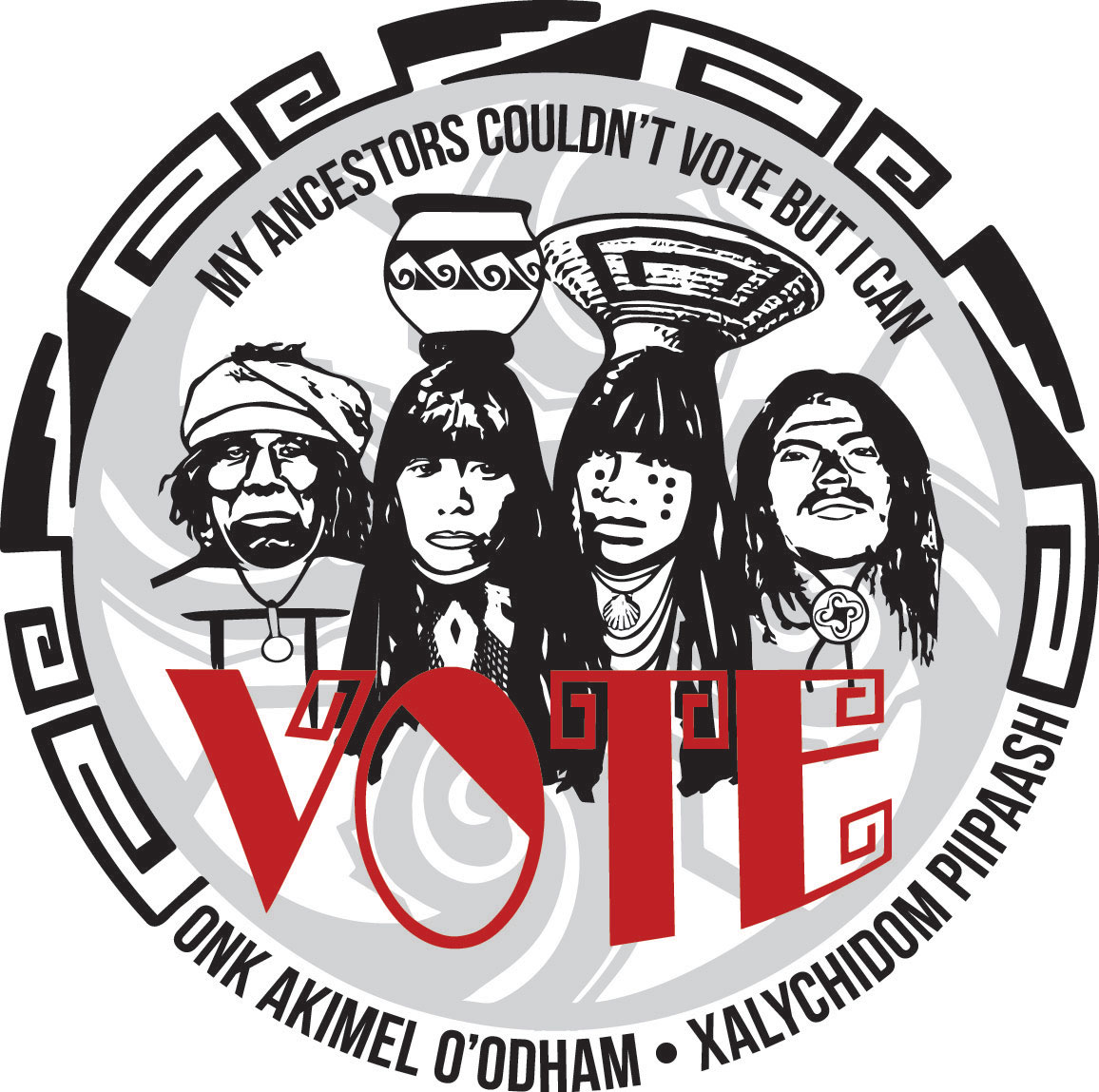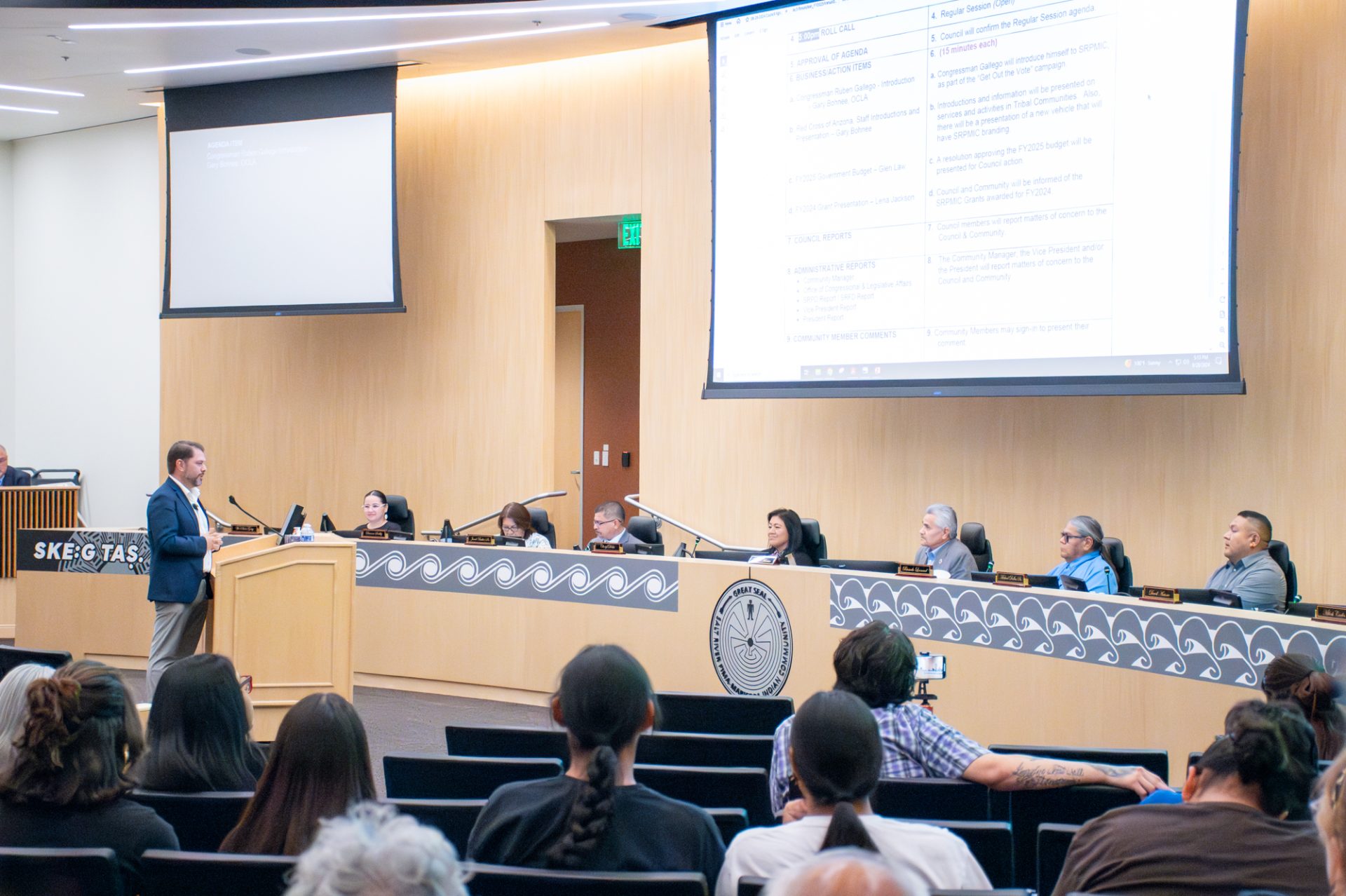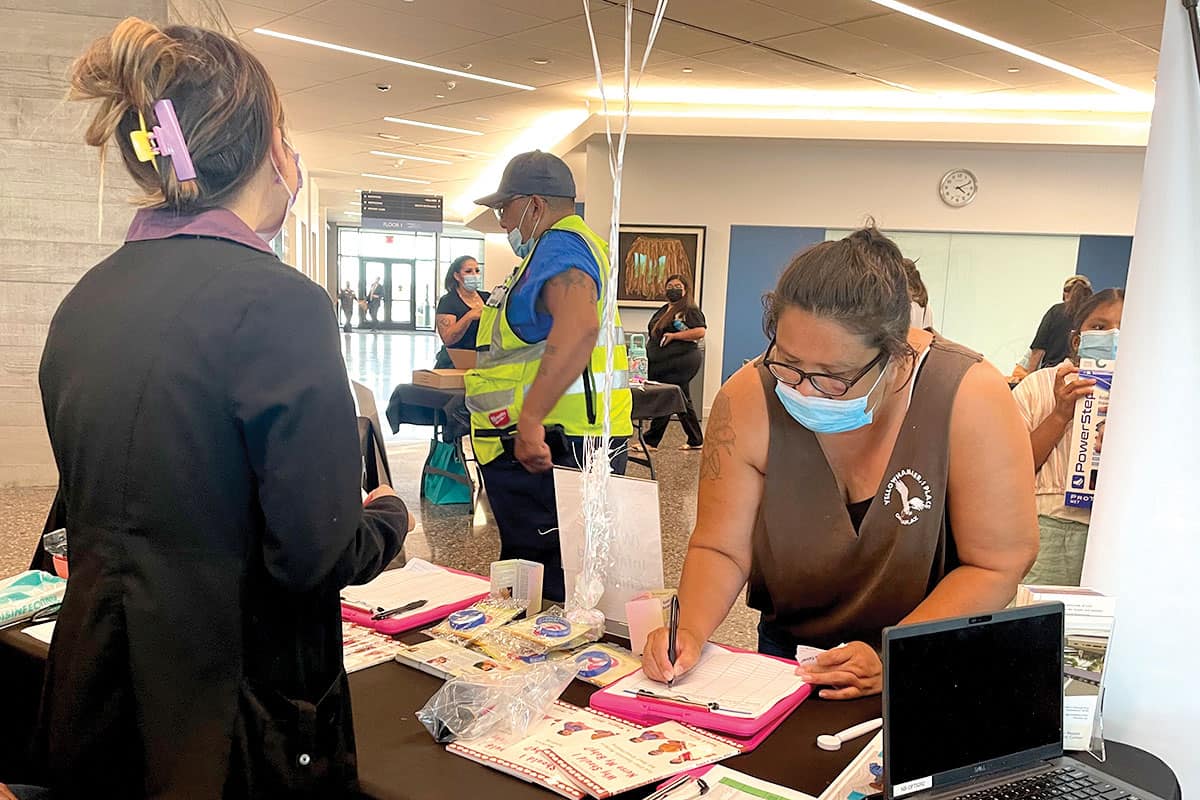VIEWS: 753
December 27, 2023The Power of the Native Vote in Arizona
In the 2020 general election, Joe Biden defeated Donald Trump by about 10,500 popular votes in the state of Arizona. The Native vote arguably made the difference in that election.
With 22 federally recognized tribes in the state, an estimated 5.2% of Arizona’s population identifies as American Indian or Alaska Native—leaving open the possibility for the Native population to make a difference once again in the 2024 elections.
What can voters in the Salt River Pima-Maricopa Indian Community accomplish? Arizona is now considered a swing state. With the presidential election and control of the U.S. House and Senate coming up in 2024, tribal communities in Arizona are looking to show that they are more than “something else,” as CNN erroneously labeled American Indian and Alaska Native voters on a television graphic in 2020.
During the 2022 state elections, only 35% of eligible enrolled Community member voters in the SRPMIC submitted a ballot, meaning 65% of potential voters did not vote.
Additionally, 33% of enrolled Community members who are registered to vote are over age 50, with 67% of them under age 50.
With the goal of increasing tribal voter turnout, three focus groups were held at the Way of Life Facility and the results were provided to the 2023 report by the Institute for Civil Dialogue (ICD), in collaboration with the Hugh Downs School of Human Communication at Arizona State University. The focus groups highlighted common themes as to why participants do or don’t register to vote.
Of the reasons why participants register to vote and do vote, the influence of the Community, family and school top the list, along with how much of an impact their vote has, and “just because.”
As far as the reasons why participants don’t register or don’t vote, some don’t because it’s too overwhelming, or there are personal constraints or government trust issues. Others don’t know which party to vote for, don’t understand the implications of issues, or simply have no desire to engage in politics.
According to the focus groups, things that would get more participants to register and vote include voting incentives; better access to voter information and voter registration; more trust in the voting process; educational initiatives, such as mock voting and public messaging; and adults in the Community at large demonstrating a habit of political engagement and voting.
Why Should You Vote?
According to the Inter Tribal Council of Arizona in Phoenix (https://itcaonline.com), the four biggest reasons why American Indians should vote are:
1. Honor. Honor your right to vote. Indians in Arizona fought to have their right to vote recognized. American Indians became citizens of the United States in 1924, but they were not granted the right to vote until 1948.
2. Trust. The federal government has what is termed a trust obligation to provide funding and services to tribes. Too often, this trust has been broken. By taking political action and casting votes, we continue the struggle to make sure the federal government fulfills its trust obligation to American Indians.
3. Disparity/Access. Tribes in Arizona experience some of the greatest needs for jobs, housing, healthcare, education and other human services. If Indian citizens do not vote, then it is significantly more difficult to address these issues.
4. Change. Indians across the United States have shown that change is possible through their votes and political action. There are more Indians in Arizona than almost any other state. Let’s make sure politicians know that we are here and we vote.






